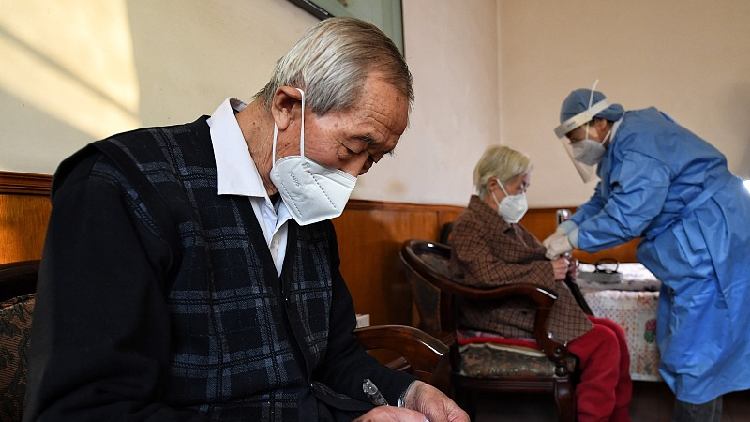WHO covid origins report says lab leak theory needs further investigation
WHO covid origins report says lab leak theory needs further investigation The Washington Post


A team of scientists convened by the World Health Organization to better understand the origins of the covid-19 pandemic and other future outbreaks has said that a theory that the coronavirus could have escaped from a laboratory was one avenue that needed “further investigations.”
However, in a report released on Thursday, the WHO-backed team said they had not received any new data that would allow them to better evaluate that theory. Members of the group from Brazil, China and Russia objected to the calls for further investigation into the “lab leak” theory.
The report also stated that available data suggest that SARS-CoV-2 had a zoonotic origin, which means it spread between animals in a natural setting, but that neither the animal that infected humans nor the place where this infection occurred could currently be identified.
The report was written by the Scientific Advisory Group for the Origins of Novel Pathogens (SAGO), a body made up of experts from the United States, China and 25 other nations that first convened last year after widespread criticism of a previous joint WHO-China investigation into covid origins.
WHO officials emphasized that the report contained only the preliminary findings of the group. SAGO did not undertake its own studies but instead reviewed existing research.
The body is designed not only to help investigate the origins of covid-19, but also set up a framework for understanding the origins of future outbreaks. The group’s work is expected to last for years, WHO officials said.
“It is just the start,” Maria Van Kerkhove, a World Health Organization epidemiologist and secretariat of SAGO, told reporters before the release of the report. “They’ve made some good progress. They’ve clearly outlined that there’s more work to be done.”
Even so, the report may breathe life into a debate that has never come to a firm conclusion: Where did the covid-19 pandemic come from? While many scientists have favored a theory of zoonotic spread, the “lab leak” theory has gained prominent support from some experts, including some U.S. officials.
Beijing has fiercely rejected the idea that the coronavirus could have inadvertently escaped from the Wuhan Institute of Virology (WIV) or another research institute studying coronaviruses in the Chinese city where covid-19 was first recorded in early 2020.
In its place, Chinese officials promoted wild theories without scientific backing, including that the virus originated in the United States or was imported to China on frozen fish.
The preliminary SAGO report was released over a year after a joint WHO-China team traveled to Wuhan and released its own report that ruled out the lab leak theory as “extremely unlikely,” while suggesting that the idea that the virus was carried by frozen food needed further investigation.
The WHO-China report concluded that zoonotic spread was the likeliest scenario for the origin of the virus, but failed to find evidence for how it was spread to humans.
That report was widely criticized after being released in March 2021, with WHO Director General Tedros Adhanom Ghebreyesus suggesting that the report did not conduct an “extensive enough” assessment of the lab leak theory and voicing frustration with the low level of access given to the mission by Chinese officials.
One of the researchers on the joint team, Danish food scientist Peter Ben Embarek, later told interviewers that Chinese researchers on the team had pushed back against including the lab leak theory in the report at all.
While SAGO was convened to address some of the criticism of the WHO-China report, it suffers from some of the same limitations — including that Chinese officials cannot be compelled to cooperate with any investigation.
According to the SAGO report, WHO’s Tedros sent letters to Chinese Premier Keqiang and health minister Ma Xiaowei on Feb. 14, 2022 and Feb. 21, 2022, respectively, requesting information on a variety of factors, including the “laboratory hypotheses.”
It is not clear if Tedros received a reply. Tarik Jašarević, a spokesperson for WHO, said that the body doesn’t share correspondence with member states.



